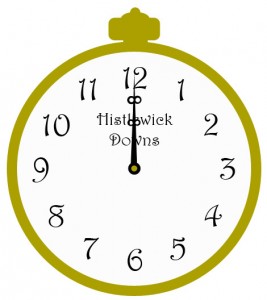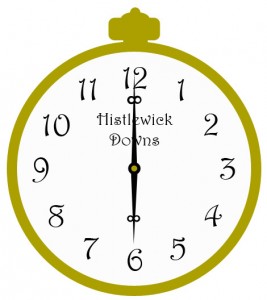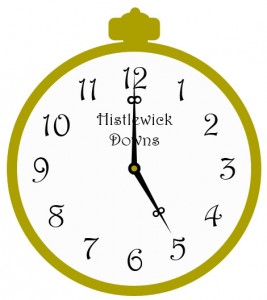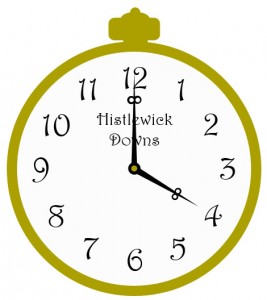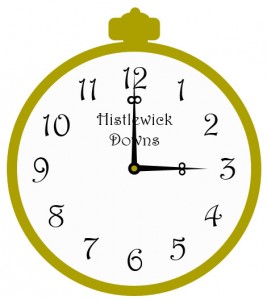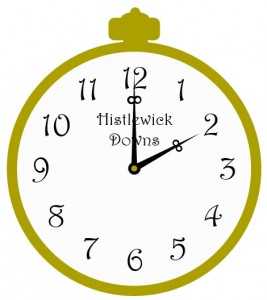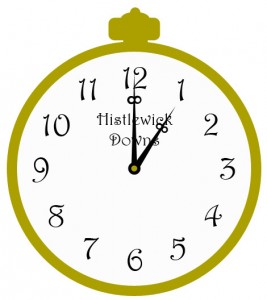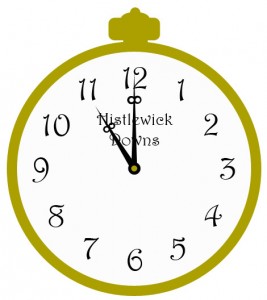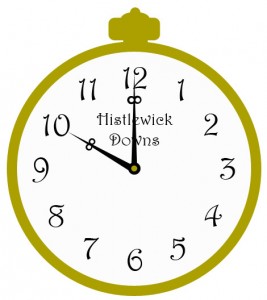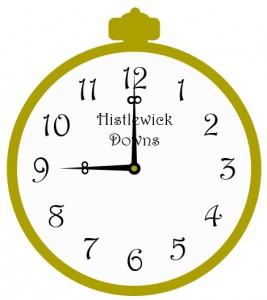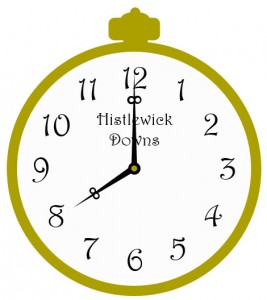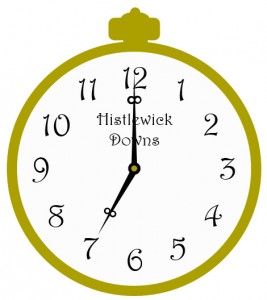The Battle.
To hear the pundits tell it, a battle between good and evil is raging across cyberspace as Hachette faces off against Amazon in a crusade to protect all things literary from the evils of market-driven pricing. Since I’m not an industry insider, I initially found it difficult to comprehend how something as pedestrian as a pricing structure could evoke such passion. As I understand it, Hachette wants Amazon to agree to an agency pricing scheme. Under this scheme, Hachette would set the prices the consumer pays Amazon for Hachette books sold through the Amazon site. Amazon, by contrast, would prefer to buy those books wholesale and set the retail prices themselves. Big yawn, right? So why do they really care? In general, when it looks like a corporation is motivated to take a controversial stand out of altruism for anyone other than its shareholders, two things are probably true. First, the propaganda is working, and, second, if you want the truth, you’ll need to dig deeper.
Where’s the Beef?
Amazon supporters argue that if Amazon loses, Hachette would keep ebook prices abnormally high. But that contravenes common sense, right? Ebooks are cheaper to produce than paperbacks, and therefore bring higher profit per unit. If Hachette makes more profit on ebooks, why make them sell less well?
Long-Term Repercussions of an Amazon Win.
Looking deeper, if Amazon wins, like any retailer, they’ll want to optimize their profits by taking costs and sales volume into account. For example, if Amazon buys a paperback book wholesale from Hachette for $3.00 and it costs a $1.00 for Amazon to ship it, Amazon may decide to sell it for $5.00. That leaves them $1.00 profit. What about an ebook? If Hachette wholesales the ebook to Amazon for the same price ($3.00), Hachette gets a windfall compared to the print book, since it was cheaper to produce and required no warehousing. From Amazon’s perspective, they can make the exact same profit as the print book ($1.00) by selling that ebook for $4.00 instead of $5.00. They can do even better by selling the ebook for $4.25. The ebook costs them less to deliver so they can afford to pass at least a fraction of that savings along to the consumer, thereby driving increased sales volume and thereby earning potentially greater profits.
The net effect: Under the Amazon model, ebook editions are likely to sell for substantially less than the paperback version, though they may also earn greater net profits from increased volume. Why would Hachette oppose that?
The Current Hachette System: Lower Production Costs, Higher Prices—Huh?
And yet, oppose it they do! For example, check out this Hachette listing from Amazon (on which Douglas Preston is an author).
http://www.amazon.com/Two-Graves-Pendergast-Douglas-Preston/dp/0446555002
At the time of this writing, the Kindle edition is actually selling for $8.99 while the paperback goes for $8.50. That doesn’t seem to make sense under either model—until one considers what else happens to consumer behavior if the Amazon model prevails. Judging by my own buying habits, if I get free shipping (e.g. Amazon Prime) and if the ebook costs the same or nearly the same as the paperback, I’ll opt to buy the paperback almost every time. For the same price, it feels like a better deal to get paper over pixels. If, on the other hand, the ebook is always substantially cheaper, even if I tend to prefer paperbacks, eventually I’d probably give in and get a Kindle to start taking advantage of all those savings. And that, I suspect, is the disaster Hachette is scrambling to avoid.
Trickledown Distribution?
Traditional publishers have been able to negotiate such favorable terms from authors for one simple reason—they have a stranglehold on brick-and-mortar print distribution. Even Amazon can’t compete with them there. However, as sales of Hachette’s print books dwindle in favor of cheaper ebooks, so does their leverage over authors. Once ebook sales substantially exceed print sales, what author wouldn’t wonder whether the value Hachette was providing was truly worth 85 percent of the take? So when Hachette supporters say they are defending literature, what I think they really mean is they are protecting what’s left of the big five’s print distribution monopoly power, and by extension, their leverage over authors.
Incentive Management
Assuming this is the real reason for promoting the Agency model, it suddenly makes sense that publishers don’t share the production and distribution savings from ebooks with their authors. First, legacy authors are now expected to do quite a bit of their own marketing. If you’re Hachette, and monopoly protection is your real goal, you’ll be very careful to eliminate any incentives for authors to favor selling ebooks over print. Also, because Hachette’s authors aren’t currently making more from ebooks, they’re unlikely to expect much difference in the bottom line regardless of who wins this fight. Think of it this way—if higher-volume ebook sales meant more money for authors than higher-volume print sales, Hachette authors probably wouldn’t be lining up to express their preference for an Agency model that artificially suppresses ebook sales.
Higher ebook Wholesale Prices?
But wait, couldn’t Hachette fix the whole problem simply by adopting Amazon’s model and charging considerably more for the ebook? Maybe, but most consumers are aware ebooks are cheaper to produce than paperbacks, and they expect cheaper prices as a result. Keeping them the same price is already deeply unpopular with many readers. Authors might take issue with that as well. Assigning a substantially higher wholesale price would likely be a public relations nightmare.
The Color of Amazon’s Hat…
Before deciding whether Amazon is hero, villain, or merely a corporation seeking to maximize value to shareholders, consider this: with respect to market share, Hachette’s loss is likely Amazon’s gain. One need invoke neither a burning desire protect hapless consumers from overinflated prices nor a crusade to defend literature from the perils of unmitigated slush to explain why these corporations can’t come to terms. Just follow the money.
 (0)Dislikes
(0)Dislikes (0)
(0)
